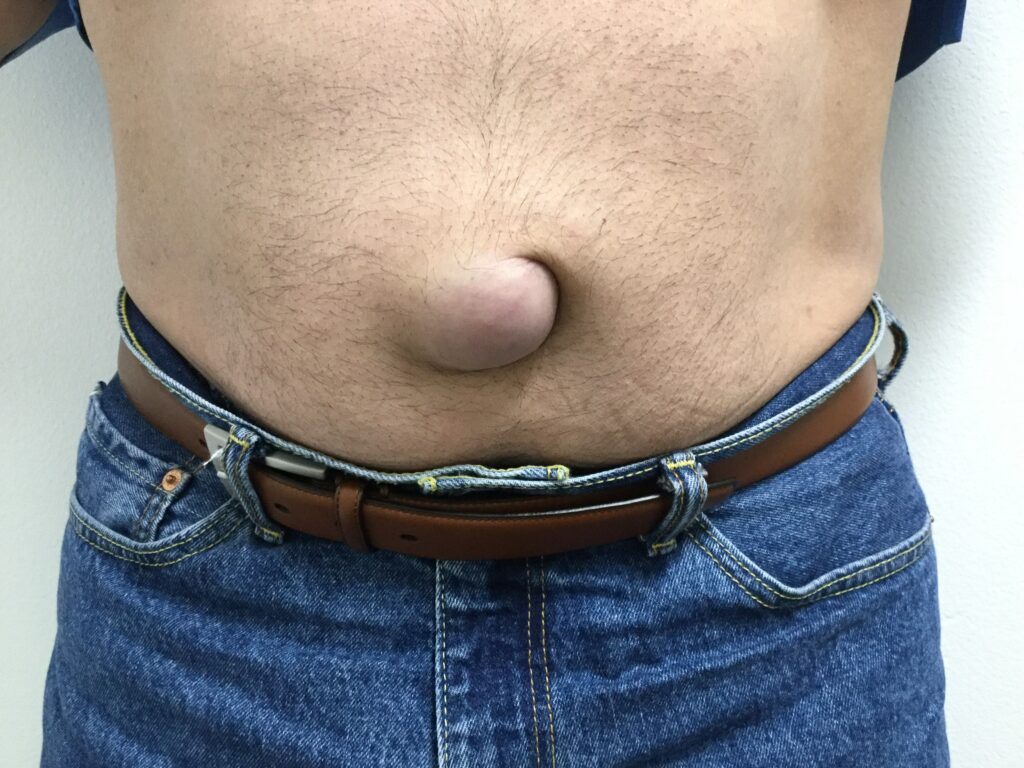A hernia is basically a medical condition that occurs when an organ in the body exerts pressure and pushes through the opening in the muscle or tissue that holds this organ in its place. Hernias cannot heal on their own and require different kinds of medical attention, including surgery and hernia mesh implants. Most of the hernias do not post immediate severe life threats but should be treated on time to avoid any further complications. Hernias cannot heal on their own and require different kinds of medical attention, including surgery and hernia mesh implants.
What is Hernia Mesh?
Hernia mesh is commonly also known as surgical mesh and happens to be a medical device that helps to provide support to damaged tissues around the hernia and gives it enough time to heal. This mesh is usually placed across the lower portion surrounding the hernia and is attached to it with the help of stitches. In recent modern times, medical technology also uses glue and staples to attach the mesh to the hernia walls. According to the latest observations, 90% of cases of hernia in the u.s. are treated by implantation of hernia mesh. The use of this hernia mesh facilitates fast recovery of the patient because it is one of the most trusted techniques of treating hernia.
About Hernia Mesh Failure
Hernia mesh is one of the most common treatments for hernia, but often, we come across reported cases of hernia mesh failure. This failure refers to the dysfunctional behavior of the hernia mesh for some abnormality in the functioning of the device inside the body. This might be a result of a defective mesh that might be made of unsuitable material or might just have a defective design. Such hernia mesh failures do not only happen due to defective design but also sometimes happen due to faulty and careless surgeries. A mesh failure can occur after or within two weeks of surgery or even after several years of this surgery. These mesh failures might result in various other complexities and also might reduce the quality of life. In severe cases, it also becomes life-threatening.
Symptoms of Hernia Mesh Failure
A hernia mesh failure might have several different kinds of symptoms. The first primary symptom is bulging out of the area where the hernia mesh is located. When a mesh becomes dysfunctional, the patient might also experience burning, severe constipation, impotence in men, Nausea, lethargy, and different pain types. This pain might occur due to inflammations in different parts of the body or infections as a result of hernia mesh failure. Such mesh implantations always result in different kinds of changes in the body, and the patient of this operation should be extra cautious of these changes.
Conclusion
Some people are more prone to hernia mesh failure than other people. Such people also include people suffering from diabetes, chronic pulmonary obstructive diseases, obesity, cirrhosis, chronic use of steroids, benign prostate hyperplasia. Excessive smoking and drinking might also cause hernia mesh failure and might result in a severe complication.

